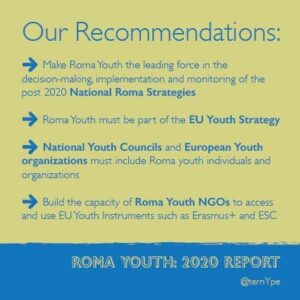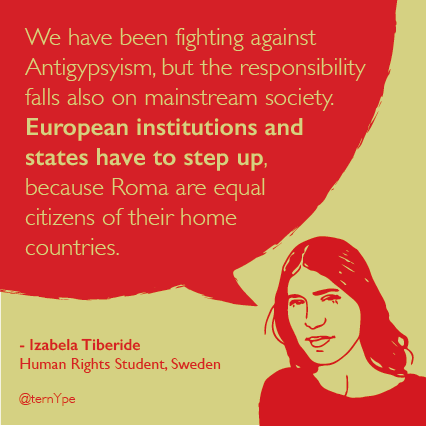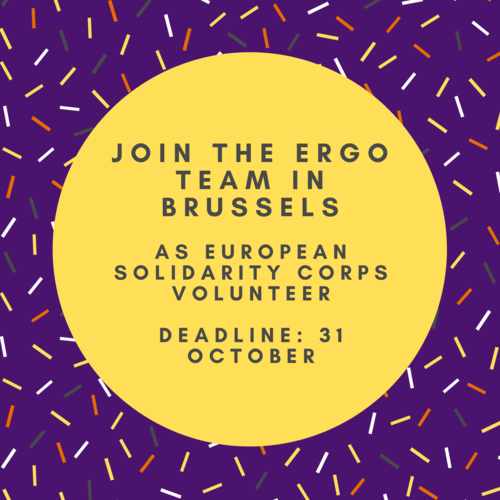Make Roma Youth Voices heard in EU politics
The launch of the New EU Roma Framework for equality, inclusion and participation 2020-2030 is an important moment for Roma people across the continent. It is a moment that promises support and commitment from the European Institutions, especially as a key priority of the new plan is to recognize and fight antigypsyism as the main cause of exclusion in the fields of education, employment, housing and health.
For young Roma activists, this represents a trigger for initiatives in order to get their voices heard. Their experiences and stories explain in the best way possible whatantigypsyism is and how it can affect our day to day life.
For this reason, Phiren Amenca International Network and TernYpe Roma Youth Network have brought together 20 youth activists from across Europe to discuss ideas and to coordinate initiatives to advocate for Roma youth empowerment and participation in the New Framework.
They gathered in Mannheim, Germany hosted by the Documentation and Cultural Centre for German Sinti and Roma, in the last week of September 2020 and for 5 days they worked closely together to discuss their demands, led by creative and and visionary ideas.
The main purpose of the seminar was to collect all of their messages and to promote them in a short video and in an online campaign.
The work they have done can be accessed on the Ternype and Phiren Amenca Facebook pages, and the video will be presented during the High-Level Digital Conference launching the new EU Roma Strategic Framework for equality, inclusion and participation on 12 October.







